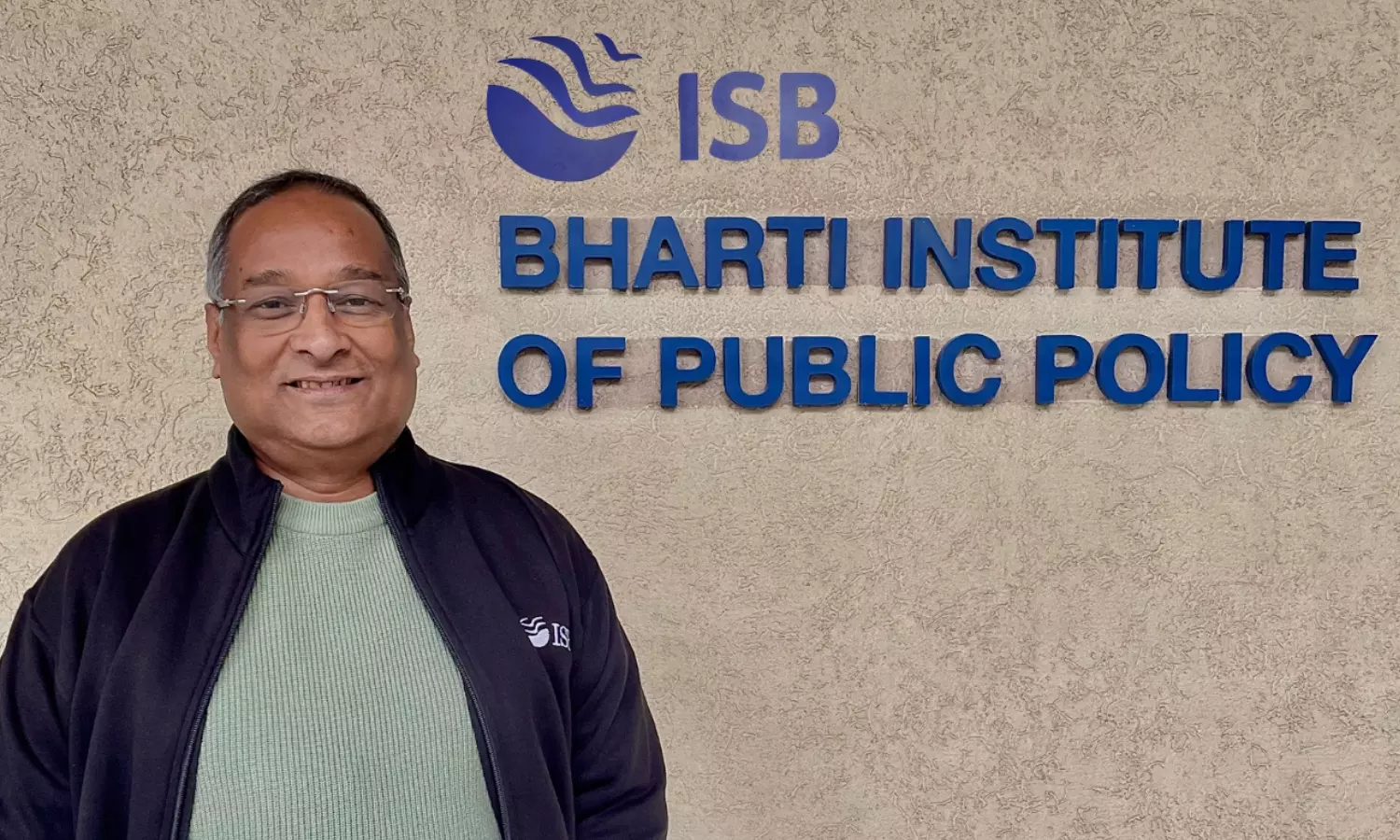ISB professor picked as lead author for special UN report on climate change

Hyderabad: In what could be termed as an honour for the Indian School of Business (ISB), Prof. Anjal Prakash, Clinical Associate Professor (Research) and Research Director, Bharti Institute of Public Policy, has been selected as a lead author for the ensuing prestigious Special Report on Climate Change and Cities.
The special report will be a part of the United Nations Intergovernmental Panel on Climate Change’s (IPCC) seventh assessment cycle.
The IPCC is the United Nations body for assessing the science related to climate change and provides regular assessments of the scientific basis of climate change, its impacts and future risks, and options for adaptation and mitigation.
The seventh assessment of the IPCC formally began in July 2023 at the panel’s 43rd session held in Nairobi, Kenya.
Prof. Anjal is a part of the prestigious global group of 150 climate experts comprising coordinating lead authors, lead authors, and review editors for the special report. Prof. Anjal is among the four Indians in the group of 150.
Expressing his delight at the honour, Prof. Anjal Prakash said, “I am deeply honoured and immensely grateful to have been selected as a lead author for the IPCC special report on Climate Change and Cities. This is a pivotal moment for urban sustainability, and I am thrilled to contribute my expertise to this crucial assessment. I am committed to working alongside a distinguished group of colleagues to deliver a robust and impactful report that will inform and guide urban decision-making in the face of climate change.”
A noted name in the field of climate change, Prof. Anjal has published over 34 research papers in leading peer-reviewed journals and has co-edited 9 books and 29 book chapters.
ISB’s Bharti Institute of Public Policy aims to lead education and research in the domain of public policy. The institute stands tall as one of India’s eminent public policy think tanks, engaging with eminent policymakers and providing them with critical, data-driven evidence, research, and analysis of relevant and critical concerns.
Next Story
